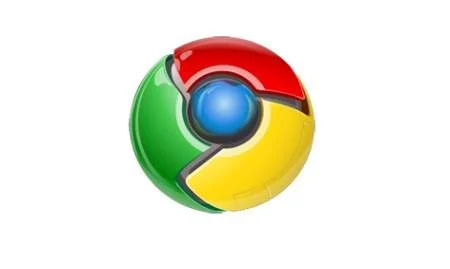Google has confirmed that future versions of its Chrome browser will no longer support the classic H.264 codec standard. According to Mountain View, H.264 was dropped to enable the proper allocation of resources for future open codecs technologies.
“We expect even more rapid innovation in the web media platform in the coming year and are focusing our investments in those technologies that are developed and licensed based on open web principles. To that end, we are changing Chrome’s HTML5

“Specifically, we are supporting the WebM (VP8) and Theora video codecs, and will consider adding support for other high-quality open codecs in the future. These changes will occur in the next couple months but we are announcing them now to give content publishers and developers using HTML
Unsurprisingly, the above-mentioned decision was questioned by Daring Fireball’s John Gruber, who termed it nothing less than hypocritical.
“Here’s a thought. If Google is dropping support for H.264 because their ‘goal is to enable open innovation,’ why don’t they also drop support for closed plugins like Flash Player?
“[Because] as it stands now, Chrome not only supports Flash, it ships with its own embedded copy of Flash. I don’t see how Google keeps Flash but drops H.264 in the name of ‘openness’ without being seen as utter hypocrites.”
Gruber also pointed out that H.264 is widely used, while WebM and Theora currently aren’t.
“Perhaps this move will push more publishers toward serving video encoded with WebM. [Of course], the big problem WebM has versus H.264 is that there are hardware decoders for H.264. This is [obviously] key for mobile devices.
“It’s the hardware video decoding that allows mobile devices to get such long battery life and smooth performance for video playback. There’s no way publishers can drop H.264. To support Chrome, they’d have to add WebM-encoded versions of each video.
“[So], my bet is that this is just going to push publishers toward forcing Chrome users to use Flash for video playback – and that the video that gets sent to Flash Player will be encoded as H.264.”






